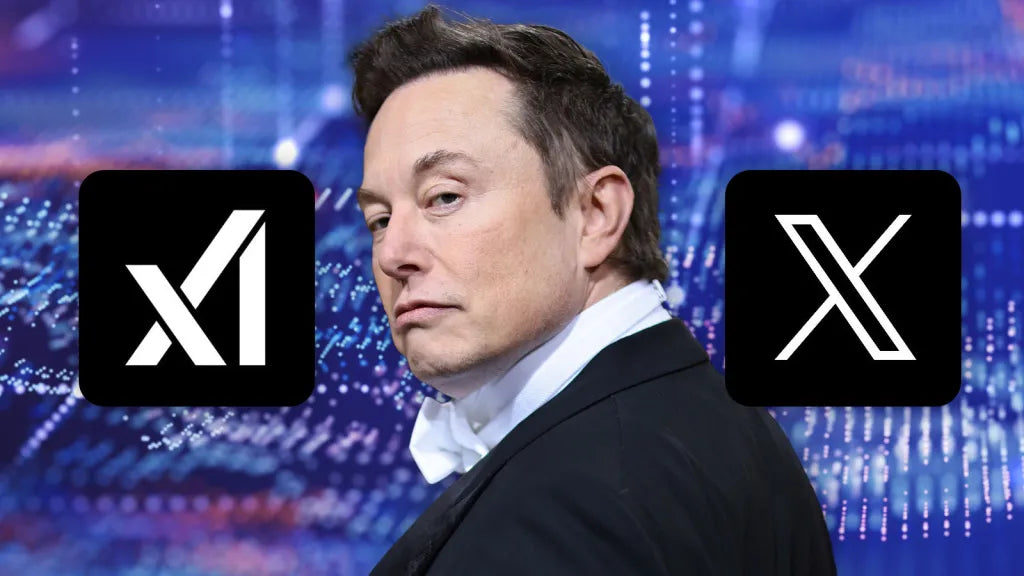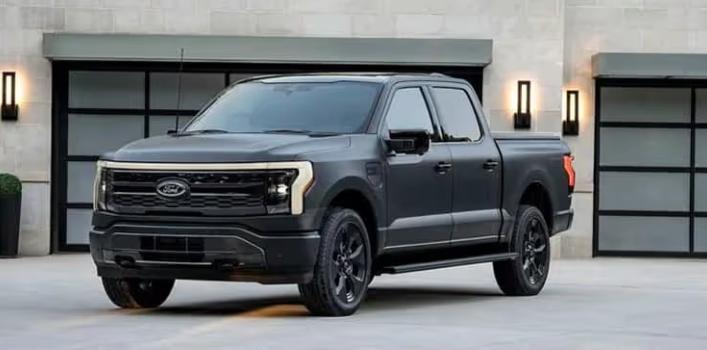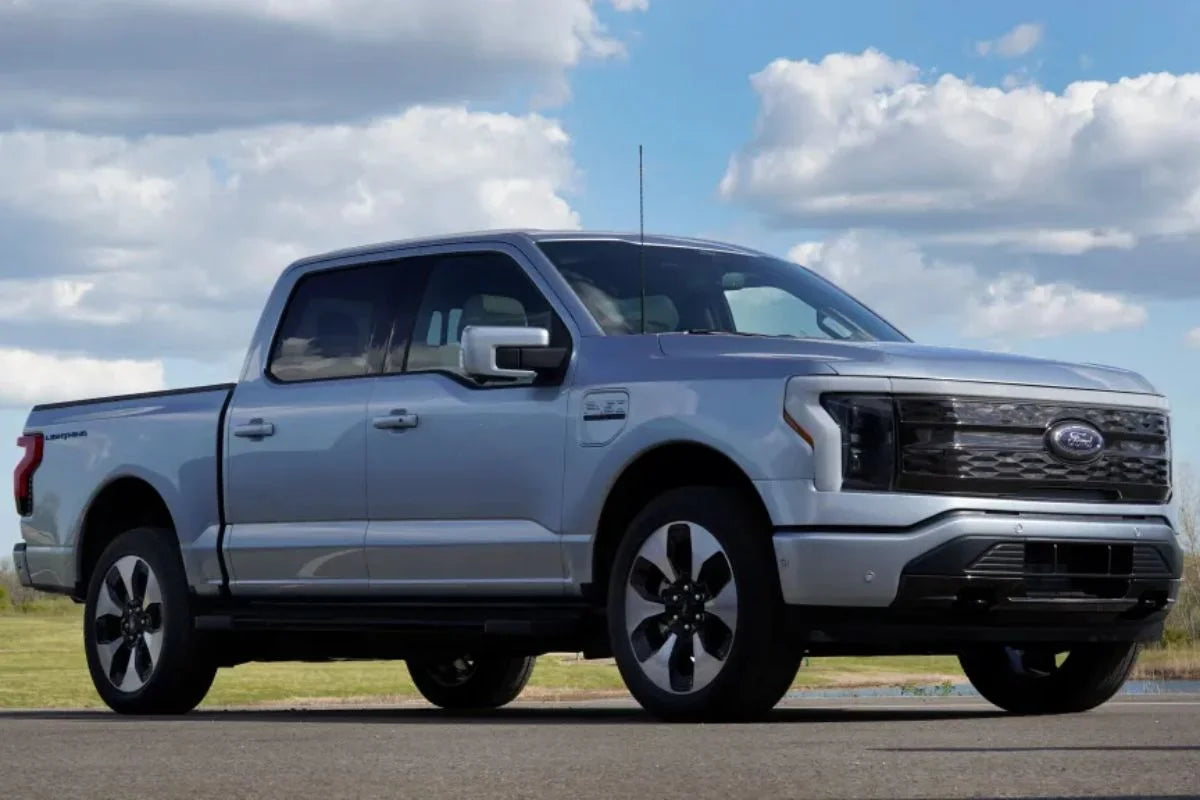Alors que l'industrie des véhicules électriques (VE) continue d'évoluer à une vitesse fulgurante, peu de personnalités sont aussi centrales – ou plus controversées – qu'Elon Musk. Le dernier rebondissement dans les projets phares d'Elon Musk est son annonce que les actionnaires de Tesla se prononceront sur un éventuel investissement dans xAI , sa start-up spécialisée dans l'intelligence artificielle. Cette décision n'est pas une simple note de bas de page dans le vaste récit de Tesla : c'est un tournant crucial qui relie la technologie, la gouvernance d'entreprise et l'avenir de l'innovation dans les VE.
Qu'est-ce que xAI et pourquoi est-ce important pour Tesla ?
Fondée par Elon Musk en 2023, xAI (abréviation de « Explainable AI ») se positionne comme un acteur majeur dans le paysage concurrentiel de l'IA. Son produit phare, Grok , est un modèle d'IA générative conçu pour rivaliser avec ChatGPT et Google Gemini, et son intégration est déjà en cours dans des plateformes comme X (anciennement Twitter) et le service client de Starlink .
L'investissement potentiel de Tesla marquerait un rapprochement significatif entre l'activité principale de l'entreprise en matière de véhicules électriques et les ambitions plus larges d'Elon Musk en matière d'IA. Selon certaines rumeurs, Grok serait envisagé pour un déploiement dans le système Autopilot de Tesla, les fonctionnalités de conduite entièrement autonome (FSD) , et même dans le futur robot humanoïde Optimus .
Un vote historique reflétant l'influence des actionnaires
Dans un rare aveu, Elon Musk a déclaré sur X : « Ce n'est pas à moi de décider. Si cela ne tenait qu'à moi, Tesla aurait investi dans xAI depuis longtemps. » Ce commentaire confirme que le conseil d'administration de Tesla laisse les actionnaires décider , une décision que beaucoup voient comme une réponse aux inquiétudes croissantes concernant la division des activités d'Elon Musk.
Ce vote place Tesla sous les projecteurs en matière de gouvernance d'entreprise . Investisseurs et analystes se demandent si un tel investissement est conforme aux responsabilités fiduciaires de Tesla ou s'il brouille encore davantage les frontières entre les ambitions personnelles d'Elon Musk et les priorités stratégiques de l'entreprise.
L'empire d'Elon Musk : innovation ou surextension ?
Le vote des actionnaires de Tesla intervient à un moment où les ventes chutent , notamment en Europe et aux États-Unis , et où des concurrents comme BYD et GM gagnent du terrain sur des marchés clés. Conjugués aux récentes manœuvres politiques d'Elon Musk et à son projet de créer un parti politique , certains investisseurs se demandent ouvertement s'il consacre suffisamment de temps et d'énergie à Tesla.
De plus, l'investissement de 2 milliards de dollars de SpaceX dans xAI , rapporté par le Wall Street Journal, a fait sourciller quant à la manière dont Musk utilise l'une de ses entreprises pour en financer une autre.
Ce que cela signifie pour l'avenir de Tesla
Si l'intégration de Grok AI dans les véhicules Tesla pourrait offrir de nouvelles expériences utilisateur et potentiellement améliorer les capacités FSD , les critiques affirment que la qualité des produits de base, l'infrastructure de recharge et la satisfaction client nécessitent une attention immédiate. Ce vote pourrait indiquer si Tesla privilégie le perfectionnement de son offre de véhicules électriques de base ou la poursuite de la vision technologique plus large d'Elon Musk.
Si le vote des actionnaires est adopté et que Tesla investit dans xAI, cela pourrait ouvrir la voie à une nouvelle ère de mobilité intégrée à l'IA , différenciant davantage la marque sur un marché saturé. Cependant, cela pourrait également conduire à un examen plus approfondi, en interne et auprès du public, de la manière dont Tesla alloue son capital et l'attention de ses dirigeants .
Lectures recommandées :
Si vous suivez cette évolution, voici quelques éléments recommandés pour fournir plus de contexte :
-
Les ambitions d'Elon Musk en matière d'IA : ce que Grok signifie pour l'avenir de Tesla
Un examen approfondi de la façon dont Grok se compare aux autres modèles d'IA et de ce qu'il pourrait offrir à Tesla. -
« Tesla vs. BYD : qui gagne la guerre des véhicules électriques ? »
Une analyse comparative des deux principaux géants des véhicules électriques alors que Tesla fait face à une concurrence croissante en Chine et en Europe. -
« L'essor des PDG multi-entreprises : efficacité ou conflit d'intérêts ? »
Un regard plus large sur les implications de la gestion par les PDG de plusieurs entreprises technologiques et les défis de gouvernance que cela crée.







Partager:
L'impact du projet de loi Big Beautiful de Trump sur le marché de la location de véhicules électriques
Les ambitions d'Elon Musk en matière d'IA : ce que Grok signifie pour l'avenir de Tesla